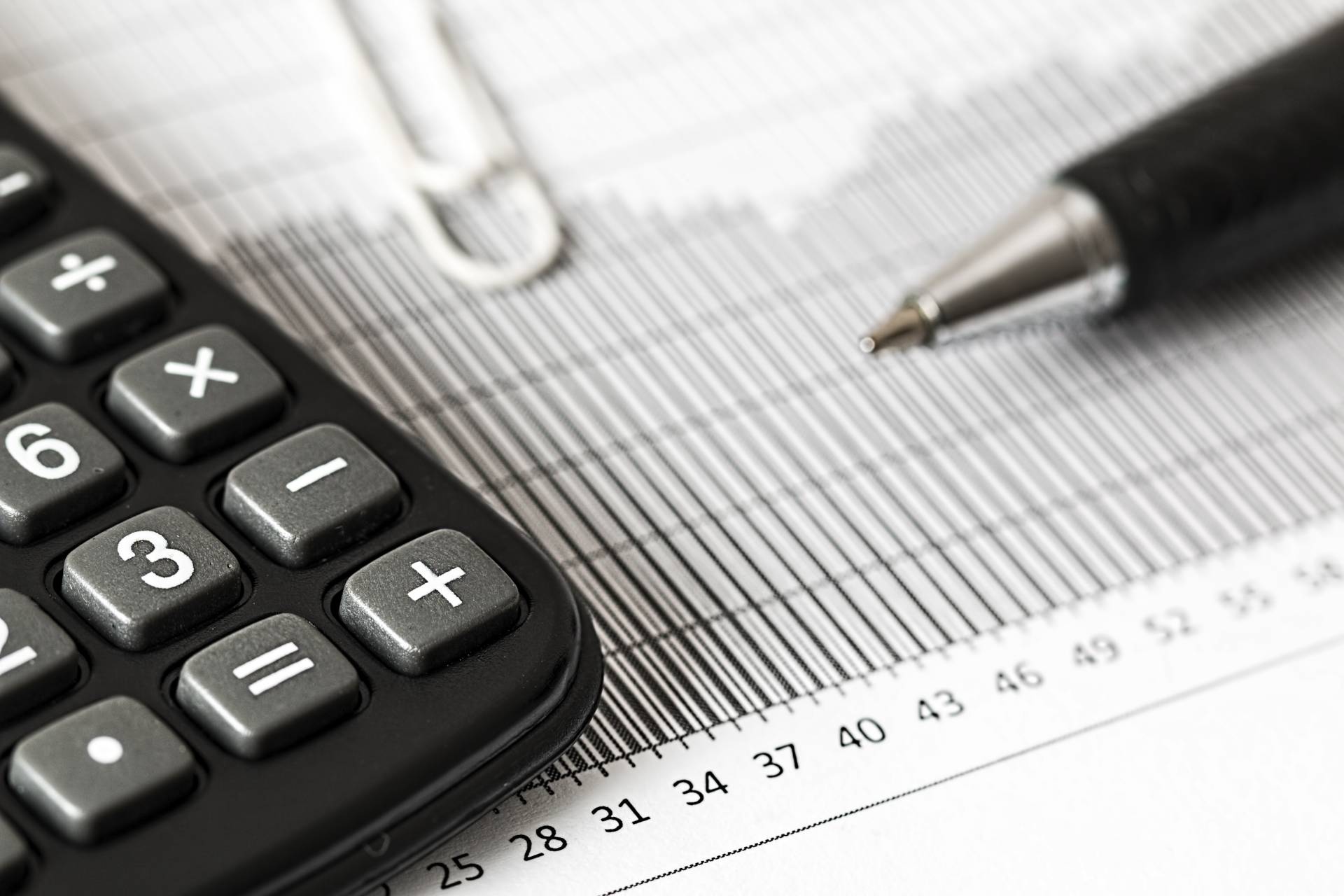

No one enjoys paying taxes, but the tax return that comes around each April is something to look forward to. However, entrepreneurs need to manage their taxes more carefully than traditional employees. While self-employment certainly has its perks, you have to be prepared to manage your own taxes in order to accurately file them each year.
Managing Your Taxes for the Self-Employed
To stay on top of taxes, leverage your Calendar. This guide will help you draft a plan of action for 2021, so that next year’s tax season is a smooth process for you and your business:
Set Aside Taxes With Every Paycheck
When you work as an employee of someone else’s company, your taxes are automatically deducted from your paycheck. This is not the case when you’re self-employed. You retain everything you make throughout the year, but you’re expected to pay taxes on your annual earnings by tax day. To make sure you have enough for taxes, you should be setting money aside with every paycheck you give yourself.
For the self-employed, it’s recommended to set aside between 30-35% of your income for tax purposes. You’ll need to spend closer to 15%, but it’s good to have a buffer just in case. These taxes will cover your Social Security and Medicare taxes for the year, as well as income tax and self-employment tax. Your income tax bracket, marital status, and the number of dependents will affect how you file as well, so take your personal situation into account when making your calculations.
If setting aside a third of your income seems like a daunting task, use your Calendar to help you craft a budget. By planning your expenses weighed against the income you take home, you’ll have peace of mind knowing everything will be taken care of without any issue.
Note All the Write-Offs You Can
A great aspect of self-employment is taking advantage of business write-offs. These are expenses you can use as tax deductions, such as a new computer to help you work or the space you rent for your startup. These write-offs will mitigate the amount of taxes you will end up having to pay.
Each time you make a purchase for your business, record the transaction somewhere you’ll remember. Keep a running list of all the business expenses you accumulate throughout the year so you’ll have an accurate running total to report. Note down even the things you don’t think count, as you may be surprised by how many expenses you’re able to write off. The lunch you had on a business trip is likely to be approved if you remember to include it.
Mark Tax Day in Your Calendar
The last thing you want to do is miss the tax deadline. Tax Day typically falls on April 15th, but you’ll want to start the process well before that. Since you report taxes for the year before, it’s smart to start filing your taxes as early as January if you have everything you need. Set a date in your online calendar to work on your taxes, as well as a personal deadline to file them. Add a reminder close to Tax Day as a safety net reminder just in case.
Because of COVID-19, Tax Day in 2020 was pushed back to July 15th. Another extension was granted in 2021 until May 17th, providing an extra month for individuals to get their finances in order. If you’re on top of your taxes, you won’t need an extension, but keep an eye out for these developments because one day, an extension might be your saving grace.
Gather the Proper Forms
Self-employed entrepreneurs use Form 1040 to file their taxes for the year to cover their Medicare and Social Security taxes that normally come out of paychecks. Schedule C is used to report an annual profit or loss for your business. If you need help figuring out how to accurately use these forms, don’t be afraid to reach out to one of the many tax professionals who can lend a helping hand.
If you work as a freelancer or contracted worker, you’ll need a 1099 form from each company that paid you more than $600 over the course of the year. Companies that paid you less than that amount do not need to provide an official form, but you need to include additional income in your annual income total.
Put Your Tax Return to Use
If you play your cards right, you might be able to get a return instead of having to pay taxes outright. This is much easier for freelancers to accomplish, but small businesses can take advantage of write-offs and tax breaks to try and get a return. If you do get a tax return, plan to put it to good use.
Individual and family tax returns are notorious for being splurged on non-essentials like the newest gaming system or expensive shoes. Business owners can fall into this same trap, using their tax returns poorly and squandering their value. Before you spend your entire return on a shiny new company car, look for growth opportunities with your organization that have more long-term value.
For example, a small tax return could buy you a new office chair or could be used to get a new project management software that makes your business more efficient. While the former is a nice luxury, the latter will improve your business and raise profits.
There’s no need to be scared of taxes. Keep your Calendar handy and plot your tax journey and the process will be painless. Staying on top of your finances lays a strong foundation for your small business to thrive.
[Related: Organize Your Way to a Smooth Tax Filing Experience]
Image Credit: pexels; pixabay











Hunter Meine
Hunter Meine is a BYU-Idaho graduate, husband, father, and writer. When he's not writing, he's playing sports or enjoying the outdoors with his wife and daughter.